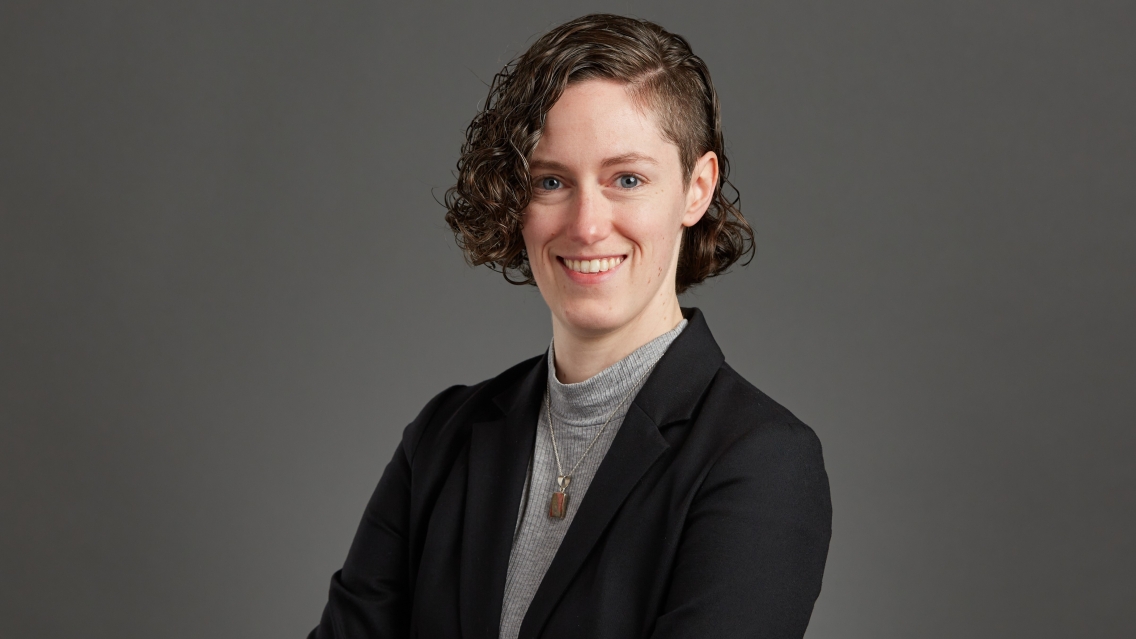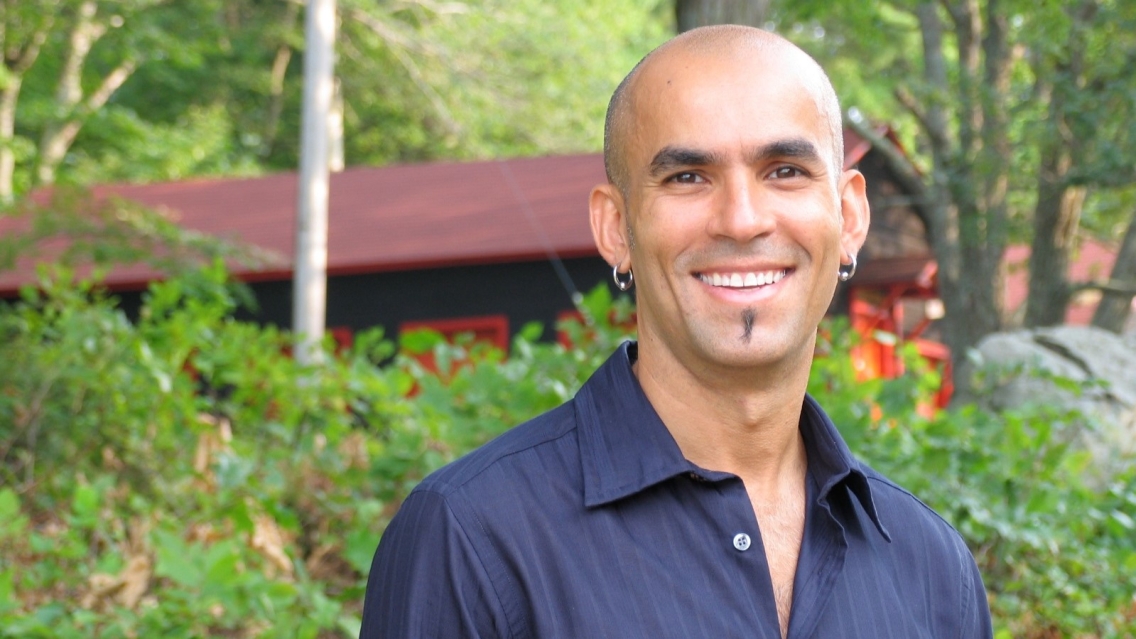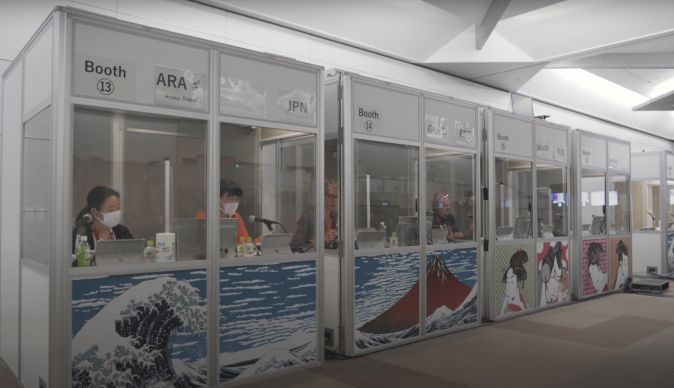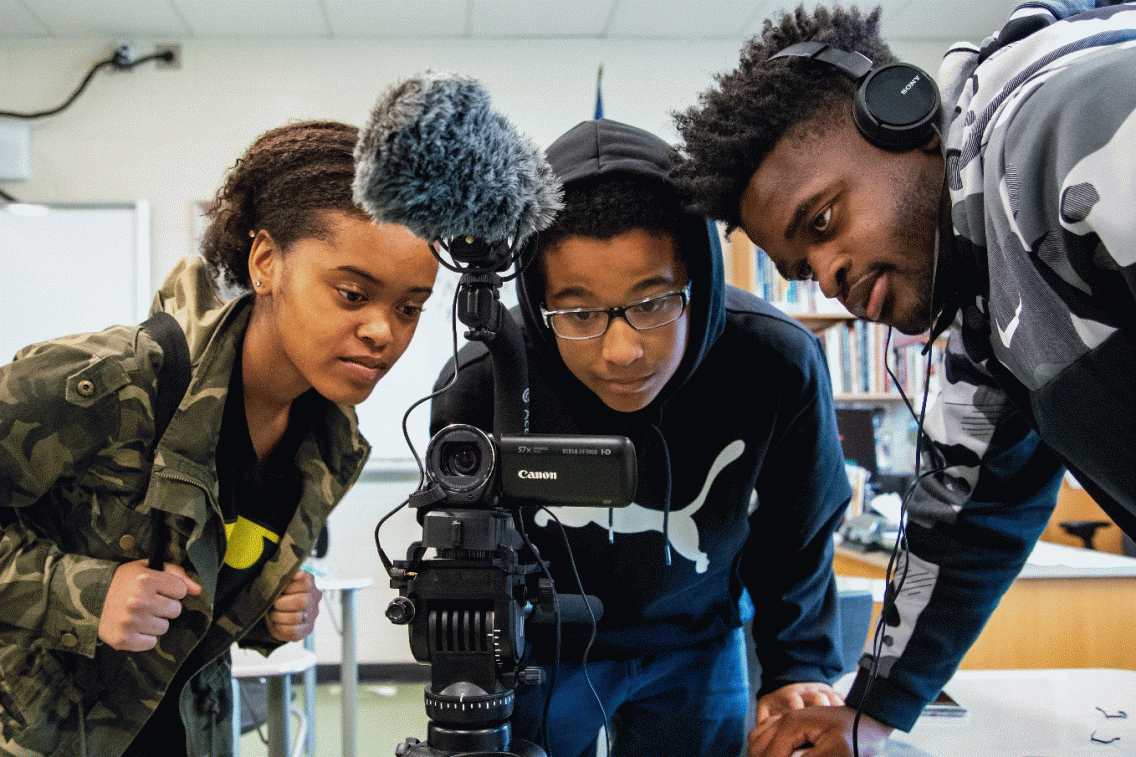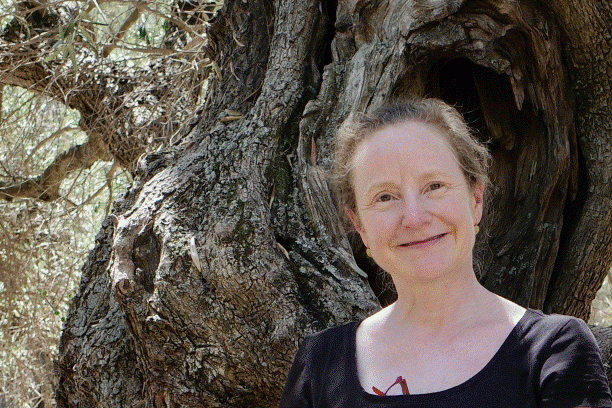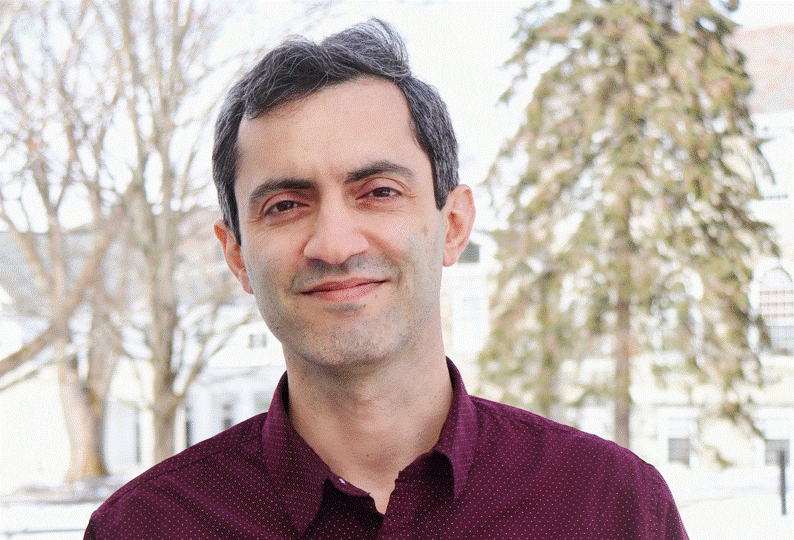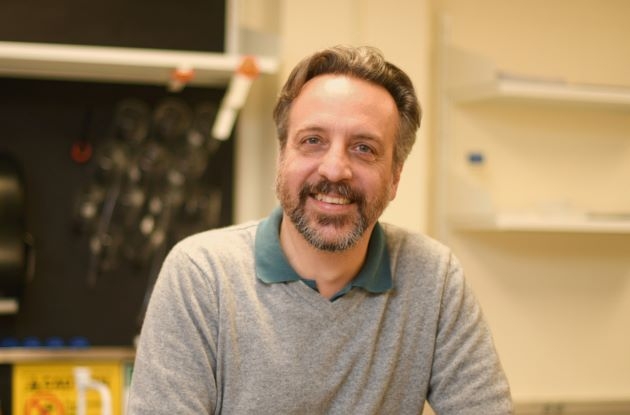Spring 2022 Recorded Series
Spring 2022 Recorded Series
Recordings are available for the following Faculty at Home webinars that have already happened. Recordings are available about a week after the webinar.
Mckinley Brumback - To Map the Stars
Learn how astrophysicists study the ultrapowerful magnetic fields of neutron stars in this Faculty at Home webinar. Assistant physics professor Mckinley Brumback discusses how measuring X-rays allows researchers to map the structure of these stars.
Claudio Medeiros - We Are Not Afraid of Gender: Virginia Woolf's Orlando at Middlebury
In this Faculty at Home webinar, theatre professor Cláudio Medeiros takes participants through the process of working with students to bring Virginia Woolf’s Orlando to life onstage in 2024. The novel’s gender-bending title character was inspired by Woolf’s lover Vita Sackville-West, who often cross-dressed.
Embracing Tradition, Memories, and Reconciliation for Intercultural and Cross-Generational Empowerment and Transformation
Miki Arakaki, Sanae Eda, Kristen Mullins, Hideko Russell, and Linda White
This project involves the translation, analysis, and archiving of historical records of Tenryumura, a mountain village in Nagano Prefecture, Japan. Tenryumura is a community whose history includes a complex and acknowledged role in wartime Japan; and a desire to understand and keep this history, and its lessons, known. The scope and goals of the project are being developed in collaboration with, and at the request of, leaders of Tenryumura. The webinar will include discussion about how this project and the relationships that make it possible, have developed over the past years, and the potentially broad implications of this work.
Behind the Scenes at the Tokyo Olympics: The View from the Interpreter’s Booth
Professors Laura Burian, Andrea Hofmann-Miller, and Chiyo Mori and second-year MA student Nanako Komatsubara from the Translation and Interpretation program at the Middlebury Institute are proud to represent over 30 Middlebury Institute faculty, students, and alumni who organized language services and provided interpretation for the Tokyo 2020+1 Olympics. Among other pandemic adaptations, interpreters for the first time in history performed interpretation remotely (from all over the world) and from an onsite hub (in Tokyo) rather than going to the competition venues to provide language services. The panel will discuss how the interpreters prepared for and performed remote interpretation at the Olympics, reflecting greater global trends in the field of interpretation.
Please note, the interpretation feature, described in the webinar, is not functional in the recording.
Teaching and Learning across Difference: The Bread Loaf Teacher Network (BLTN)
Emily Bartels, Beverly Moss, and Tom McKenna - How do free verse poetry nights, donated pears, indigenous survival stories, graduate Shakespeare courses, and documentary film point towards a more just and equitable world? Anchored in graduate study at the Bread Loaf School of English, BLTN teachers in public schools across the U.S. and abroad share practice for transformative teaching and learning. Join Bread Loaf Teacher Network’s leaders to learn the enduring features and practices of a professional learning network focused on advocacy literacy and youth engagement.
Louisa Burnham - The Loneliest Heretic
Limoux Negre struck out on his own in the early fourteenth century. Calling the Church a bunch of cheaters, he rejected orthodox beliefs and replaced them with a heretical hodgepodge that astonishes us as much as it horrified the contemporaries who burned him at the stake. Mary was a surrogate mother, Jesus was a murderer, and the world was created from coagulated urine. In an age of intolerance, Limoux espoused equal salvation for Jews, Muslims, and Christians. Who was Limoux Negre? What stories lay in his past?
Ata Anzali - How was the Qur'an Compiled?
In this lecture, Professor Anzali will first share the most commonly accepted view among Muslims regarding the process by which the Qur’an came to be the book that is now. I will then compare and contrast this view with the latest academic theories that have been developed to shed light on the intricate process that led to the formation of the most sacred source of Islamic faith, the Qur’an.
How do fruit flies see and what does computer science have to do with it?
Andrea Vaccari - All animals have visual systems that allow them to process relevant visual stimuli to inform their behaviors. In mammalians, these systems are very complex and often show the presence of retinotopy, a mechanism by which specific regions of the retina (the light-sensitive part of the eye) are mapped onto corresponding locations in the brain, helping preserve spatial information about the visual stimulus. But what about fruit flies? How do they process visual stimuli? In this talk, I will take you on an excursion into the fruit fly’s visual system and show you how, using data from the fruit fly’s connectome (a dataset providing a comprehensive map of the wiring in their brain) and machine learning techniques (clustering and classification), we can start to make sense of how the fruit fly’s brain interprets spatial information.


